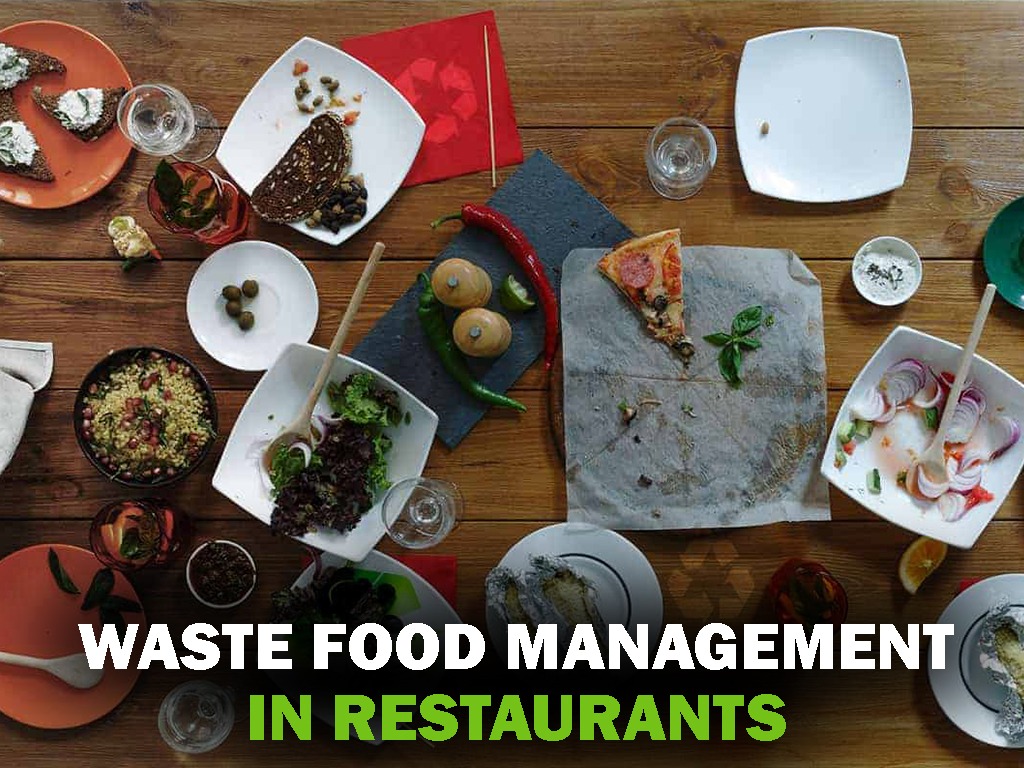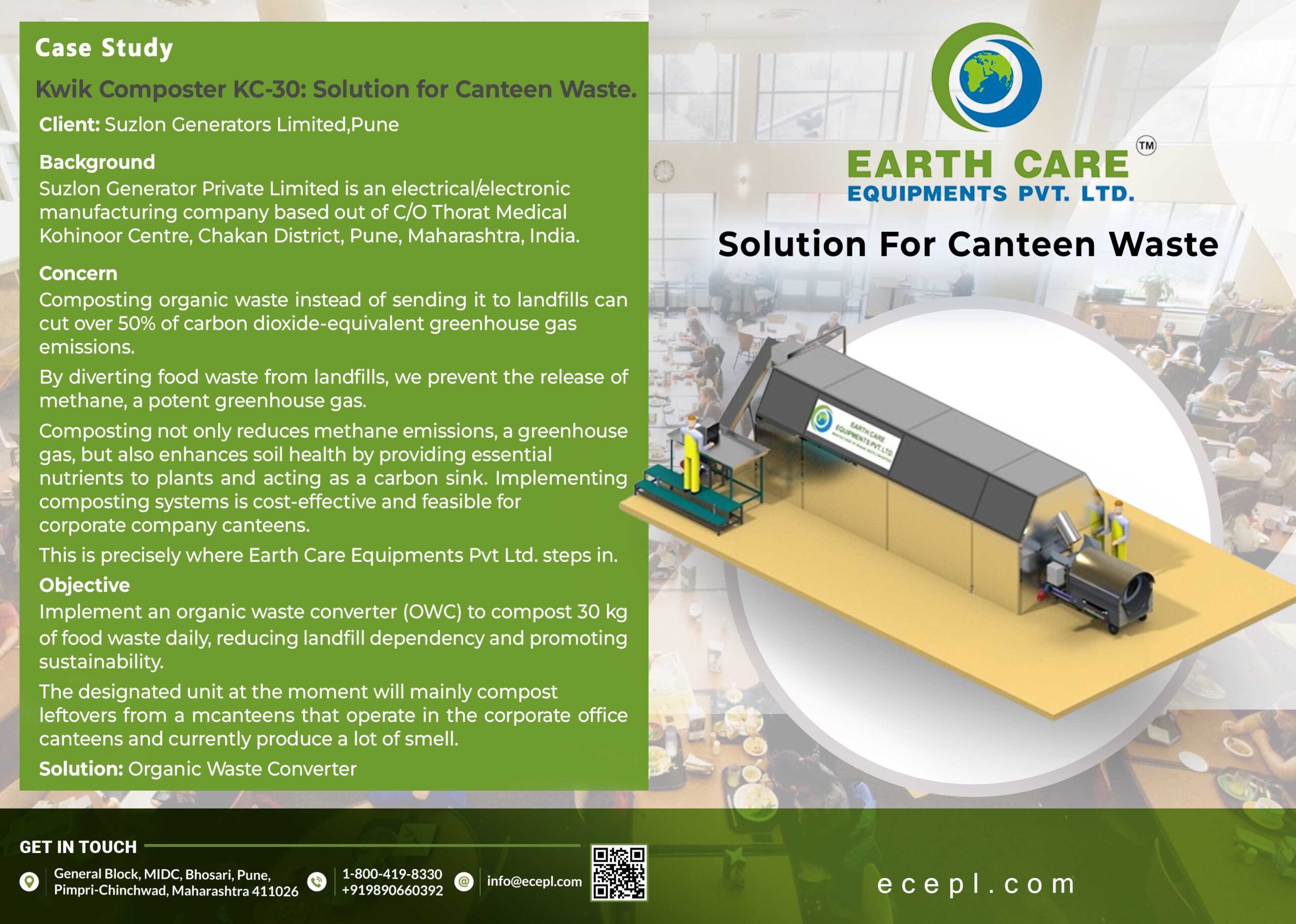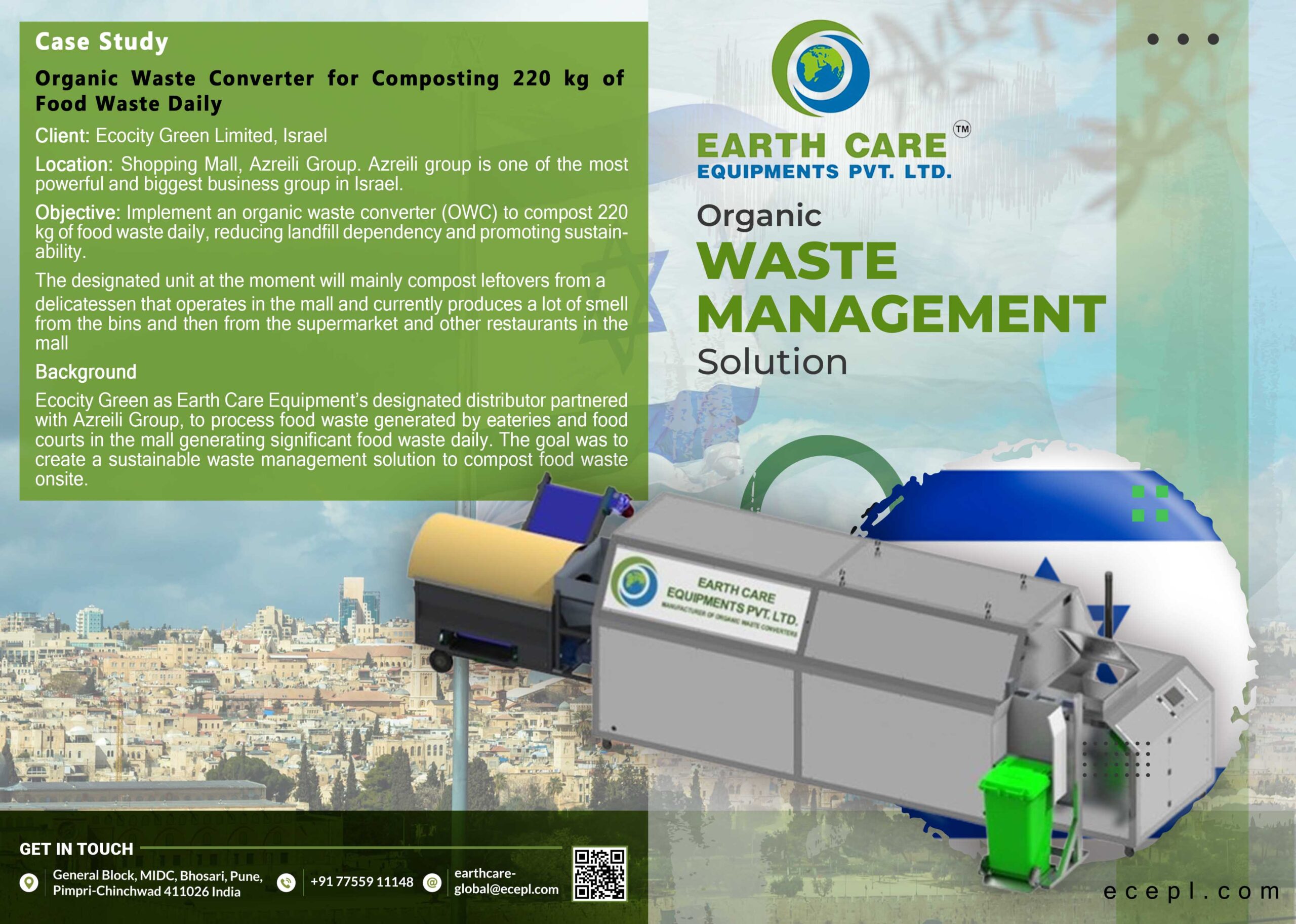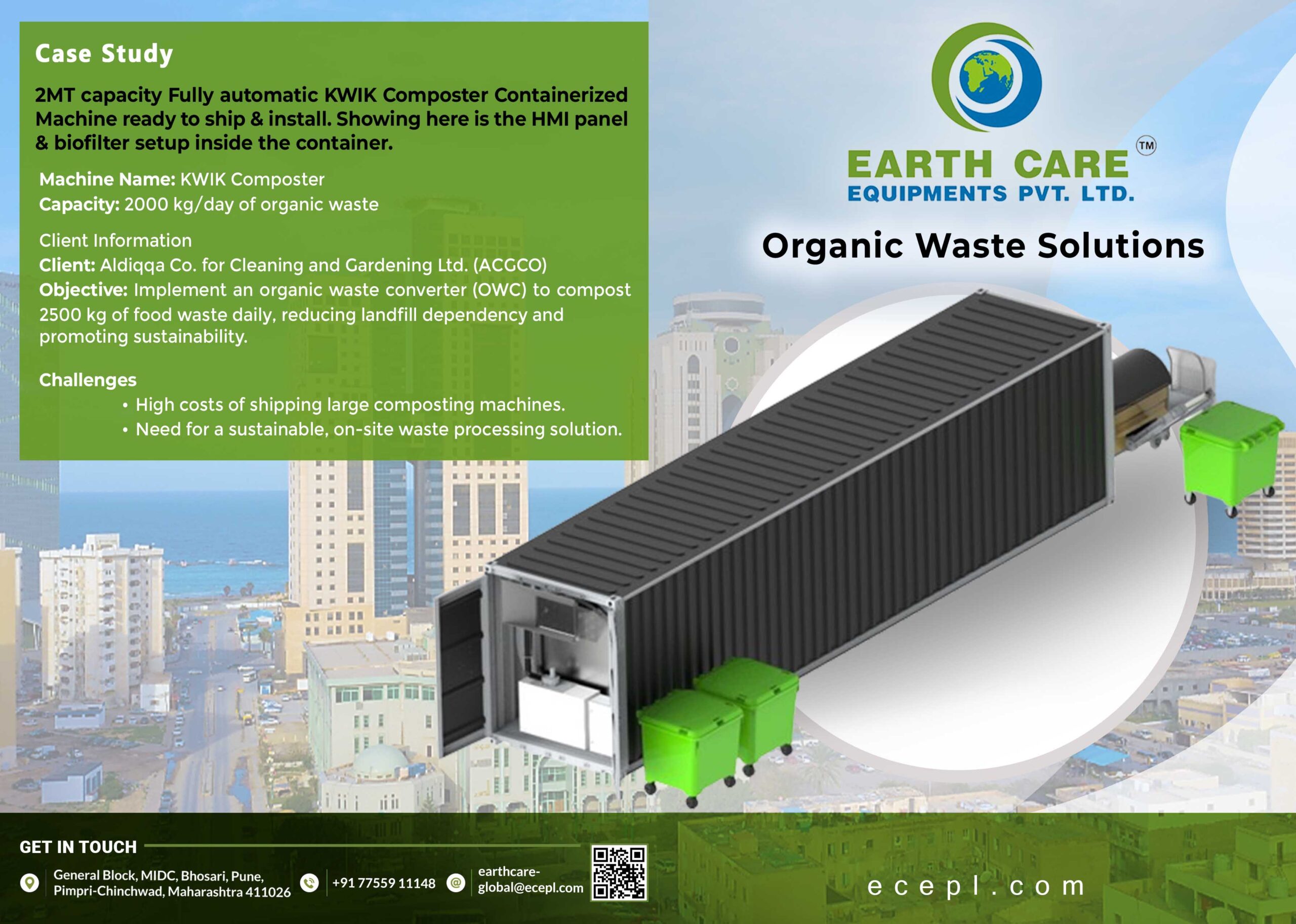
Waste food management is a crucial aspect of running a restaurant, as it not only affects the bottom line but also has a significant impact on the environment. In this blog, we will discuss the importance of waste food management in restaurants and ways to reduce and properly dispose of waste.
Food waste is a serious issue in the restaurant industry, as approximately one-third of all food produced globally is never consumed. This results in massive economic and environmental costs, including the loss of valuable resources, increased greenhouse gas emissions and increased pressure on landfills.
There are several ways that restaurants can reduce and properly manage their waste of food. First, they can focus on reducing waste by creating accurate inventory and ordering systems, which can help to minimize overproduction and spoilage. Additionally, restaurants can take steps to properly store food to reduce spoilage and waste, such as using proper temperature controls, airtight packaging, and rotating stock to ensure that food is used before it goes bad.
Another important aspect of waste food management in restaurants is composting and recycling. Composting is a natural process that converts food waste into nutrient-rich compost that can be used to fertilize the soil, reducing the amount of waste sent to landfills. Recycling is also an effective way to manage waste food, as it allows restaurants to recycle materials such as cardboard, paper, and plastic, reducing the amount of waste sent to landfills.
There are also a variety of programs and initiatives that restaurants can participate in to reduce waste, such as “Farm to Table” programs, which source ingredients locally and reduce the amount of waste generated during transportation. Restaurants can also partner with organizations that aim to reduce food waste, such as local food banks, which can help to distribute excess food to those in need.
In addition to reducing waste, restaurants must also properly dispose of waste food to avoid environmental contamination and health risks. Restaurants should use properly designed and maintained waste containers, and they should be properly labeled to ensure that waste food is disposed of in the appropriate manner. They should also educate employees on proper waste disposal procedures, such as separating recyclables and compostable materials from other waste.
In conclusion, waste food management is an important issue in the restaurant industry, and restaurants can take steps to reduce and properly dispose of waste food. By reducing waste, composting and recycling, and participating in programs and initiatives aimed at reducing food waste, restaurants can help to minimize their impact on the environment and reduce the pressure on landfills.
In addition, managing waste food properly can also improve a restaurant’s bottom line, as reducing waste can help to minimize costs and increase profitability. By taking a proactive approach to waste food management, restaurants can not only protect the environment, but also improve their bottom line.




